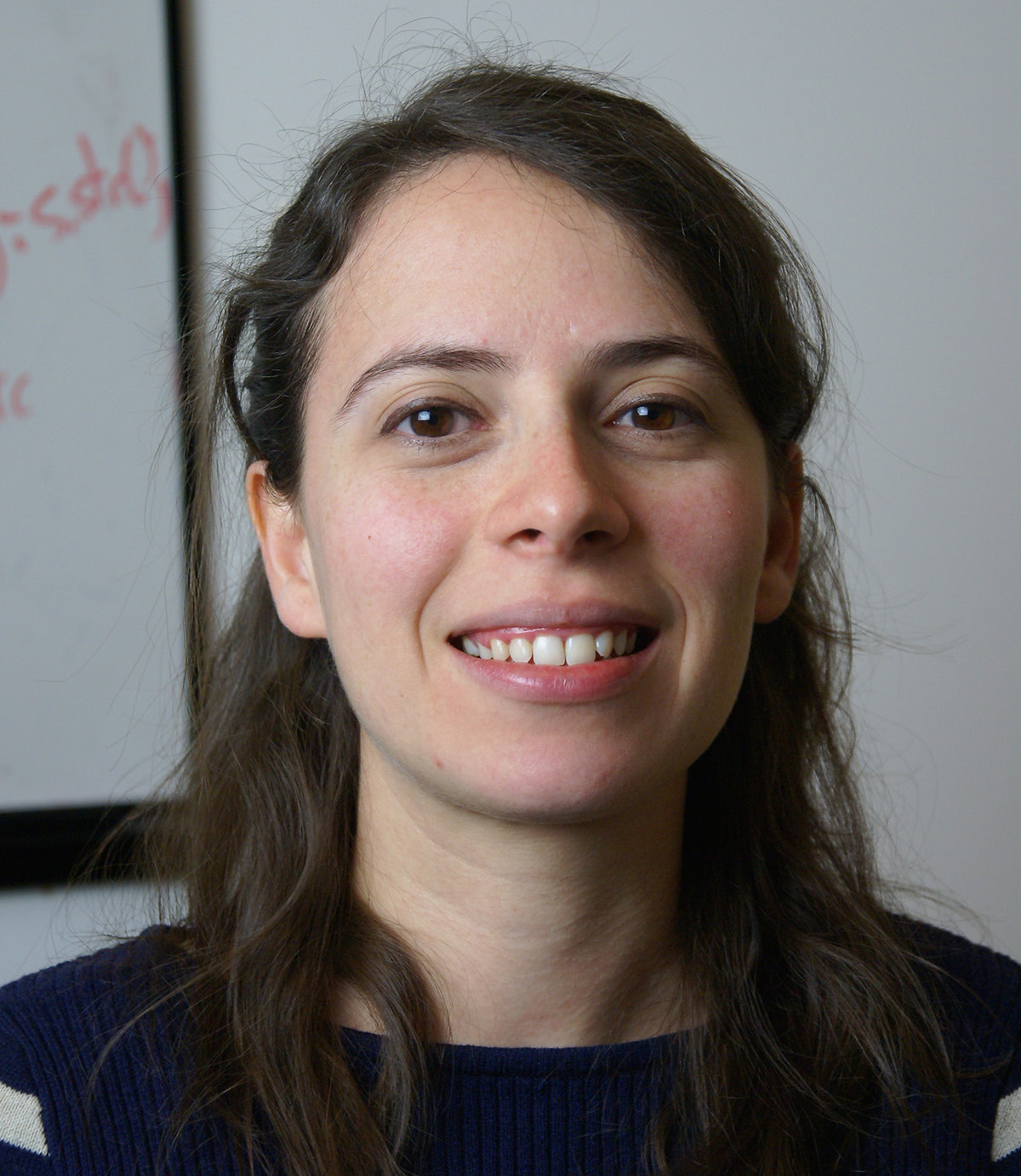Join us in celebrating Adobe Research's Duygu Ceylan, who recently received the 2020 Eurographics Young Researcher Award! This award is given annually to two young researchers who have already made significant contributions to computer graphics.

"I remembered the early days in my PhD, when I would attend Eurographics and watch some of the top-notch researchers in the field receive this award. It was inspiring for me as a PhD student back then to see such accomplishments, and I felt very proud to find myself in a similar position at this stage in my career."
- Duygu Ceylan, interview with Adobe Research
Q & A with WiGRAPH
What drew you to computer graphics research? Has your motivation changed at all over the years, or is that initial draw still the thing that motivates your involvement in Graphics today?
Growing up in Turkey, I really liked math. I started studying computer science because it was related to math. The way I discovered computer graphics was through my passion for art. I had taken art classes, but I knew I wouldn’t have a career as an artist. Computer graphics gave me a way of participating in the arts because it is so visual. I thought, “This is my way of doing art.” I still like the fact that visuals are at the core of computer graphics and vision research. This makes it easy and actually much more fun when I describe what I'm working on to family and friends outside the field!
Your work straddles several research communities, including Machine Learning, Computer Vision, and Graphics. What is it like to work at the intersection of these communities?
I think the boundaries between these communities are becoming more blurry every day. Even though there are still some differences between different communities, I find it exciting that there are more and more researchers like myself who work at the intersection of the different fields. This enables us to look at classic vision problems from a graphics perspective or vice versa and triggers new ideas.
How did you know that you wanted to go into industry research? Did you ever consider going into academia, and if so, what were the deciding factors in favor of industry?
When I was a PhD student, I had interned at Adobe Research and really liked the environment. It was incredible to see the researchers mentoring PhD students during their internships and publishing at top-tier conferences, similar to academia. There was also the added benefit of seeing how their research could potentially impact the Adobe products. Thus, when I was graduating, Adobe Research was at the top of my list. Now, after spending 6 years at Adobe Research, I like both the freedom I have in terms of choosing my research direction as well as developing relationships with product teams and get a better understanding of how research explorations can translate into actual product impact.
How do you balance your professional roles (e.g. research, mentoring, professional service)? How do you sustain this and work-life balance?
As a researcher in an industrial research lab, I (co)mentor a few PhD students every year through our internship program.
Therefore, I focus on mentoring and working closely with students during the summer season, which is the common timeframe for our internships to take place.
In addition, I engage in collaborations with academia and have internal collaborations within Adobe throughout the year where we explore different research problems.
I also participate in program committees of leading conferences in our field such as Eurographics and SIGGRAPH.
I accept such professional service requests based on my workload and personal responsibilities.
For example, I had to decline some requests a while back when I was on maternity leave.
The current pandemic and working from home situation has certainly made it more challenging to strike a good balance between work and personal life.
I have a 1-year-old, my husband and I are sharing the workload of taking care of her.
Therefore, I do have a different and tighter work schedule compared to ordinary times.
This means I have to be effective in prioritizing my tasks.
On the positive side, this forces me to think about problems that are really exciting for me and prioritize my efforts around them.



